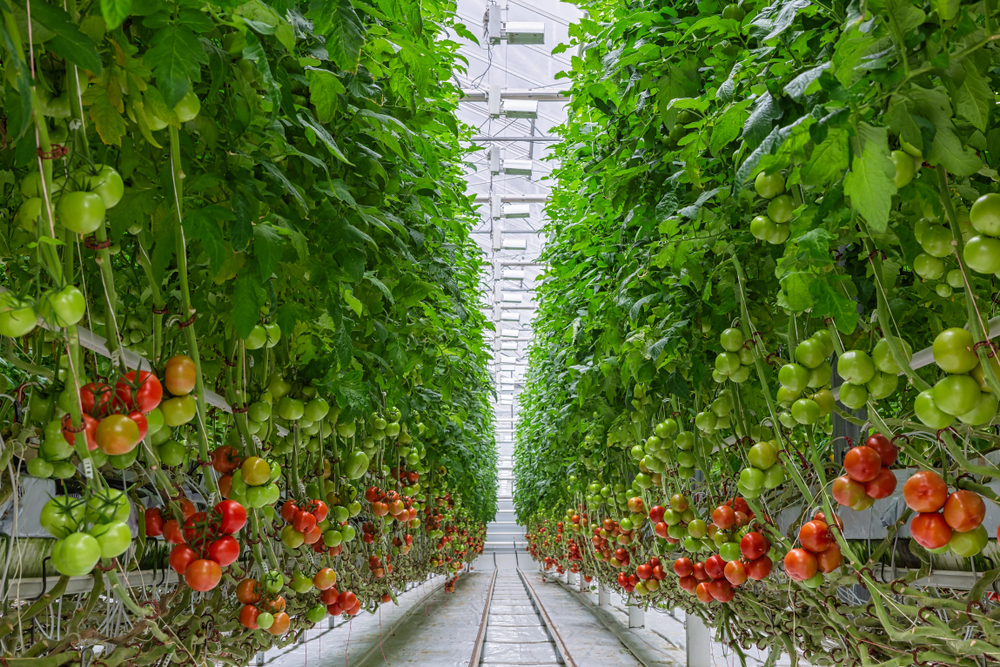Large horticulturists often earn more than their smaller colleagues. Not because the costs per kilo of produce are less, as is often assumed, but because they get higher prices for their product. This is the result of a PhD study conducted by Evert Los.
Los analysed the economic and business data of some 250 vegetable farmers who have taken out loans with Rabobank. He distinguished between cucumber, tomato and bell pepper growers. The differences between the businesses are significant, says Los. However, generally speaking, larger companies have a stronger market position. They are unable to negotiate a higher price at the supermarket, but they are able to deliver throughout the year, which leads to a more favourable price.
Burden of capital
Cucumber farmers mostly own small businesses of 3 to 4 hectares. This is because the cucumber is a fast-growing plant, which requires much labour at peak moments. Vine tomatoes can be cultivated more easily and in an industrialised manner, according to Los. This means that tomato farms are generally upward of 10 hectares in size. The tomato sector also has consortia of 60 to 80 hectares, which usually originate from family businesses where cousins have joined forces. These massive companies often handle their own distribution and marketing.
Familiebedrijven
Komkommertelers hebben meestal een kleiner bedrijf van zo’n 3 à 4 hectare, omdat de komkommerplant snel groeit, wat lastiger te managen is en veel arbeid op piekmomenten vraagt. Daarentegen kunnen trostomaten makkelijker en fabrieksmatiger worden verbouwd, zegt Los, waardoor de tomatenbedrijven over het algemeen groter zijn dan 10 hectare. Bij de tomatenbedrijven zitten ook consortia van 60 tot 80 hectare, ontstaan uit familiebedrijven waarbij vaak neven en broers de handen ineen hebben geslagen. Deze megabedrijven doen zelf veelal de distributie en marketing.
The only businesses that are currently able to invest are those with sufficient liquidity and cashflow
Evert Los
While cucumbers and bell peppers are a standard product, there is more variation in the type, flavour and breed of tomatoes. This diversity in the product leads to variations in sales prices, Los says.
Vulnerable
Has the PhD research provided insights for Rabobank? ‘Horticulturists that took out considerable loans in the period between 2007 and 2016, when the interest rates were high, or have entered into energy contracts at a moment when prices were high, are vulnerable. The only businesses that are currently able to invest are those with sufficient liquidity and cashflow.’

 Photo: Shutterstock
Photo: Shutterstock